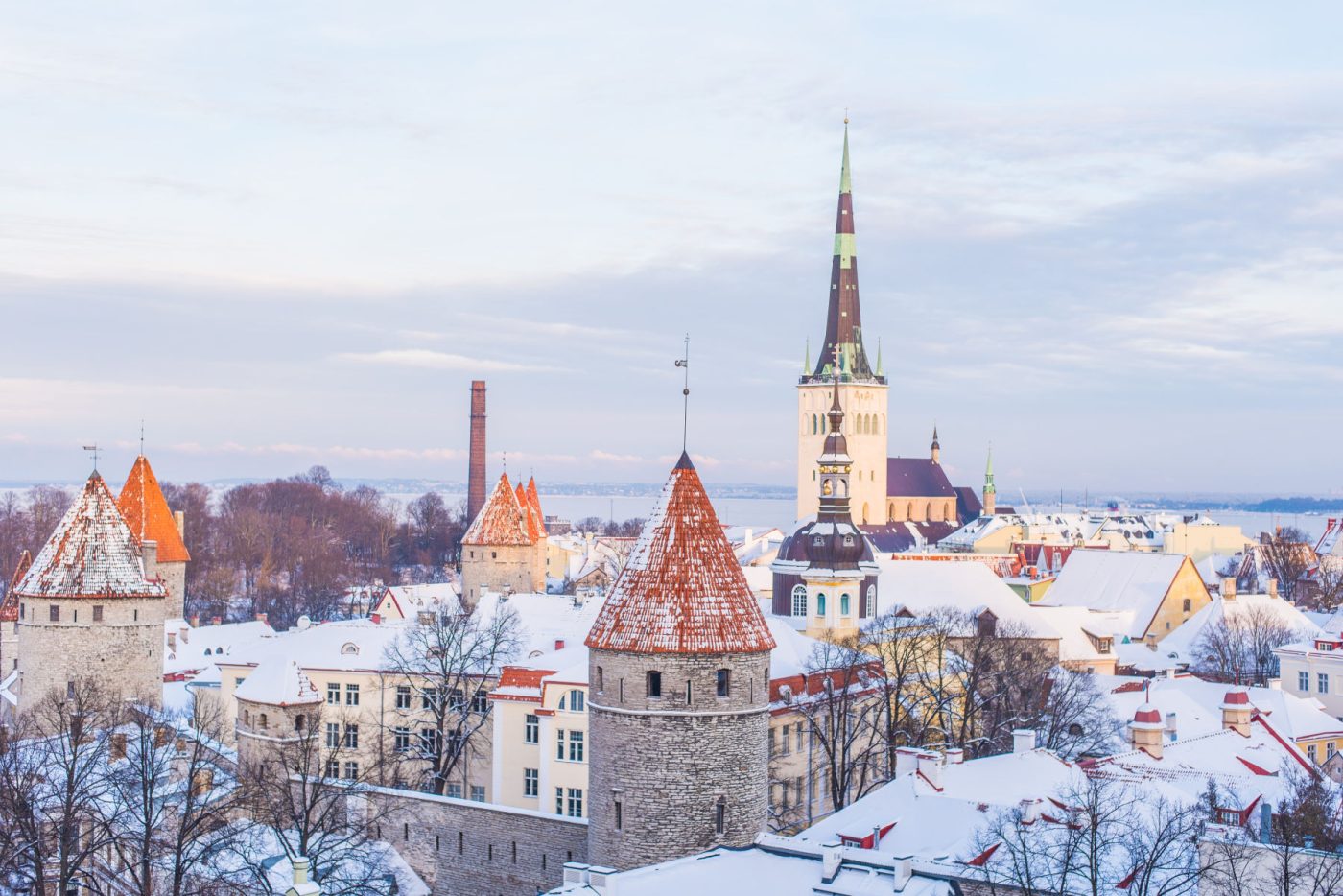On May 7, CEPA hosted a virtual fireside chat with President Kersti Kaljulaid to discuss national resilience in the face of the covid-19 pandemic, priorities for Estonia’s first-ever presidency of the UN Security Council (UNSC), and the Three Seas summit in the fall. CEPA senior fellow Edward Lucas moderated the discussion. Key takeaways (paraphrased and condensed for clarity):
Estonia’s top priority for its one-month term as president of the UNSC has been the fulfillment of its campaign promise to bring cybersecurity matters directly to the Council. Addressing cyberattacks at the UNSC should generate precedents in international law for litigating cyberattacks against sovereign states. The campaign began in March, prior to its assumption of the presidency, when it joined the U.S. and UK in blaming Russia’s military intelligence service for cyberattacks against Georgian government and media websites.
Estonia’s national response to the pandemic has benefited from its strong social cohesion, the high degree of trust between the government and its constituents, as well as the close integration between its public and private sectors. Similar to Sweden’s approach, Estonia’s pandemic plan takes a bottom-up approach which holds that individuals armed with accurate information will make responsible decisions with respect to social distancing, without the need for coercive government measures. Estonia has also leveraged its digital infrastructure to allow citizens to initiate their own sick leave without leaving home, and for physicians to remotely-contact patients to confirm their status.
Russia and China have sought to take advantage of pandemic-induced geopolitical competition. The cancellation and curtailment of major NATO exercises such as Cold Response 2020 and the Baltic-oriented U.S. Defender-20 exercise demonstrate the pandemic’s effects on military security. Despite the cancellations, Secretary General Jens Stoltenberg, among others, has assured Estonia that the alliance remains prepared to fight during the pandemic in order to protect collective security. President Trump has strongly affirmed that the U.S. will never let Estonia down. Indeed, Estonia never has been let down by its NATO partners. Regardless of any short-term differences of opinion, the shared foundations of free, democratic societies will not change.
Hostile state activities in cyberspace draw attention to the current deficiencies in combating state-sponsored cyber and disinformation campaigns. The lack of an international venue for dealing with cyberattacks means that many countries see no legal or political benefit in attributing them. Along with the use of the UNSC for this, Estonia seeks to promote its own domestic initiatives as a model to counter anonymously-generated political disinformation. Estonian digital ID cards enable users to authenticate the identity of the person with whom they are communicating with online and send messages that can only be decrypted by the intended recipient.
In the economic sphere, Estonia has set an ambitious agenda as host of the postponed annual Three Seas Summit and Business Forum, now set to take place in Tallinn on October 19-20. The format aims to bolster cooperation among 12 countries located between the Baltic, Black, and Adriatic seas, with a particular focus on the development of energy and transportation infrastructure. The countries involved, with a population of 102m, enjoy economic growth at double the eurozone’s rate. Europe is well connected on the east-west axis; the creation of north-south transportation infrastructure is vital in exploiting the Three Seas region’s economic potential.
Estonia views the Three Seas as an opportunity to demonstrate that large-scale infrastructure projects do not only come from the public sector. The format aims to leverage the collective economic clout of its participants to attract private capital in search of commercial investment returns. The Three Seas also continues a long-term trend towards regionalization of supply chains. However, Estonia has historically rejected the concept of giving preferential treatment to certain capital or businesses. This has avoided the development of low-cost production lines requiring government subsidies and tax breaks. Estonia has raised monthly salaries from $30 to $1,400 in the span of 30 years.
Populist movements across Europe and elsewhere have been motivated by the perception that the benefits of globalization and liberalization have not been shared equally, which is further compounded by inequalities in access to quality healthcare and education. Estonia seeks to thwart this sense of hopelessness by ensuring that all citizens, rich or poor, can obtain an excellent education that enables entry into the country’s best universities. This weakens populist narratives found in domestic politics and in disinformation from abroad.
Common Crisis is a CEPA analytical series on the implications of COVID-19 for the transatlantic relationship. All opinions are those of the author and do not necessarily represent the position or views of the institutions they represent or the Center for European Policy Analysis.
Europe’s Edge is CEPA’s online journal covering critical topics on the foreign policy docket across Europe and North America. All opinions are those of the author and do not necessarily represent the position or views of the institutions they represent or the Center for European Policy Analysis.





